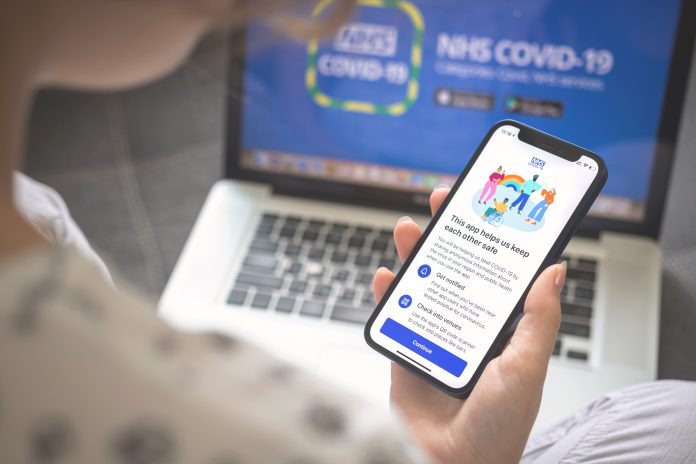Now that we are living in a country that is largely free from Coronavirus restrictions, will Test & Trace remain part of our new normal? Rhian Gorecki, Research Manager at Walnut UNLIMITED explores here
New normal, new me?
Since businesses started to reopen in July, many Brits have been keen to get back out into the world – enjoying restaurants, bars, cinemas, and other social activities that the pandemic and lockdowns did not allow. In doing so, many of us became accustomed to the ‘routine’ of “checking-in” to venues.
We know from behavioural science that humans have deeply formed habits and the preference for these habits is hard to alter. In behavioural science, this is known as the Status Quo Bias; we tend not to change our behaviour unless the incentive to change is compelling. When our recovery from lockdowns commenced, our status quo was seriously disrupted by the need to check in on entry to venues, and other pandemic-related new behaviours, which shows that habits can and do change when necessary. Put simply, if asked, we would never have expected to be so used to these behaviours just two years ago.
How has the nation been using Test & Trace and will they continue?
After many months of Government campaigning to persuade the nation to use the infamous NHS Test & Trace app, new data from Walnut UNLIMITED’s omnibus suggests that many Brits will continue to find a use for the app – even in light of new self-isolation rule changes. In fact, we found that 76% of Brits do not intend to make any changes to their current usage of the app, despite new regulations.
But what does our current usage actually look like? When polled about current behaviours, we found that 58% of all Brits have never used the app or have already given up on it. 89% of those who have never used the app don’t plan to start doing so, and 82% of people that did give the app a chance, have already given up on it. New changes to the rules around being “pinged” mean this group will remain largely unaffected by the changes, versus those who are actively using it.
Just under a third of Brits have contact tracing switched on, with 70% of these users intending to keep it on all the time and a handful (10%) of these users report planning to turn it off and on depending on their movements.
For this group, there is an obvious desire to use the app, perhaps because they are familiar with this behaviour, or because the rule change means a lower risk of them being pinged now as there is less chance of needing to self-isolate. 14% of current contact tracing users are planning to deactivate the app imminently.
Hands, face, erase?
All this begs the question: with new changes to self-isolation rules and many Brits now being vaccinated, is the app still a useful tool to tackle Covid-19?
Although it seems like there is still a desire to continue using the app, it does also feel like many people have given up on it, especially those people who have been pinged in the past, and no longer want to follow the rules if they don’t have to.
Walnut UNLIMITED’s behavioural science experts suggest the status quo bias may still be at play here. As we know, humans are inclined to keep things as they are, so unless the government can offer real incentives to motivate people to use the app, especially those that didn’t before, it’s very unlikely they will start now. Plus, since the rule change, the government has toned down their campaign pushing for people to download the app, and now it has become more of a personal choice rather than a must-have.
So, will you continue using the Test & Trace app? Let us know in the comments section below.











